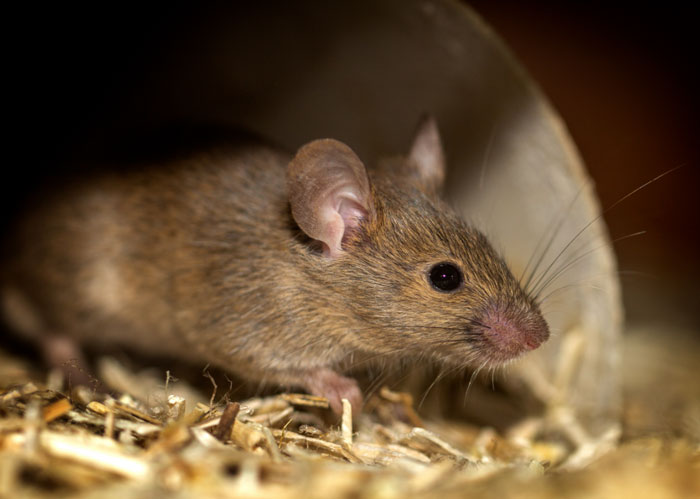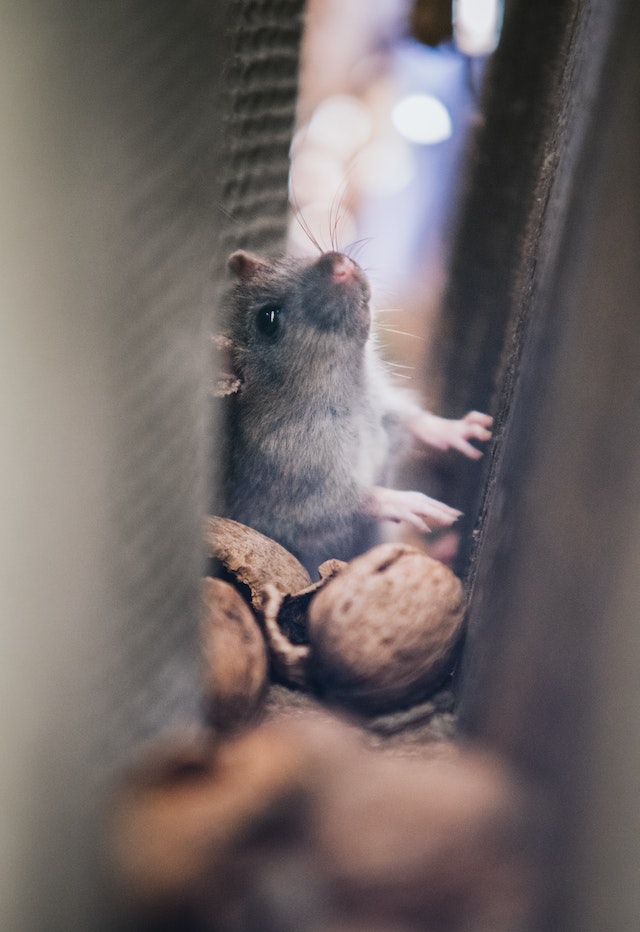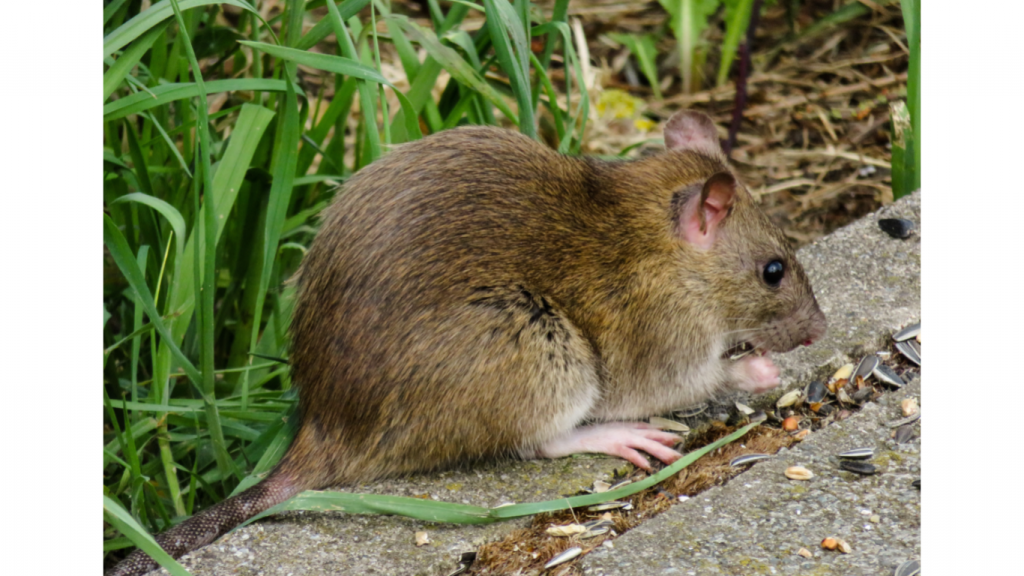Of Mice And Men – A Pest Controllers Most Common Adversary
Request Quote here
The Mus (Mice)
Mice, like men are sometimes a victim of a cruel fate or destiny, as described in John Steinbecks novel. A fate that most home owners of an infested property prey for. Mice are a part of the British wildlife – but when they take up residence with you, they can be a cause for concern. Active all year round, mice are one of our most common adversary in this game of pest control. House mice are small mammals of the order Rodentia. The Latin term for gnaw is rodere, and this is where rodents get their name from.

Dangers of House Mice
Although house mice are often considered to be cute by some people, they are a public health pest and can cause serious harm. Mice have been known to spread nasty diseases – such as Salmonella and Listeria – to humans through their urine, droppings and bedding. Mice have a need to mark their territory with their urine and due to their sporadic eating habits, build nests near food sources. This puts anyone with an infestation at risk of food poisoning. As they scurry around, they carry dirt and bacteria with them, transferring it to your counter tops, cabinets, pantry and anywhere else they travel. These nibbling nuisances can also cause a lot of property damage, due to their compulsive need to gnaw to maintain their teeth at a constant length. Electric cables, water and gas pipes, packaging and woodwork may all be seriously damaged by mice – many instances of electrical fires and floods have been attributed to them.
How to prevent house mice
Prevention is better than cure, so let’s take a look at how we can accomplish that. Mice only need a gap of 5mm to gain entry (roughly the diameter of the eraser end of a pencil). You will need to search for any potential entry points and seal these up with wire wool embedded in quick-setting cement. Proofing all means of entry as much as possible will help to prevent an infestation.
Other steps you should take are:
- Remove potential nesting sites by keeping gardens clean and tidy, cutting back overgrown areas and clearing any piles of wood/debris
- Cover any household waste where mice can get access to it, close dustbin lids and cover compost heaps
- Store food in airtight containers and make sure any food debris is cleaned up straight away
- Install door sweeps or door brush strip on exterior doors, if the gap is larger than 4mm.
Good hygiene practices won’t eliminate a mouse problem, but poor practices will attract them.

Professional pest control
For any house mouse infestation, we would always recommend contacting a trusted insured company.
They are trained in mouse control and will have access to a range of professional use rodenticides which are not available to the public.
Knowing how much, where, and when to deploy products is where professionals are able to take control of situations efficiently.
Professional pest controllers will take an integrated pest management (IPM) approach to tackling your infestation.
A pest professional will have access to monitoring equipment, which they will use to confirm entry points into your property, the size of the infestation and to track the mouse to its harbourage (nest).
They can then recommend a proofing strategy and decide on the best course of action in terms of control; this could be traps, rodenticides or a combination of both.







